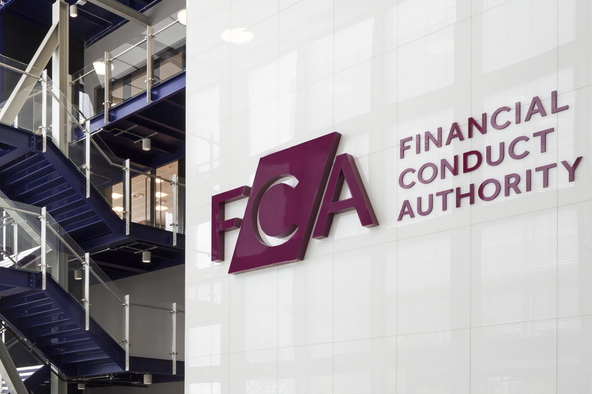The recent update on the Bank of England/FCA joint initiative on data collection provides a window on how hard it is to build effective partnerships between regulators and industry. These are often touted as the way forward but in practice are fraught with jeopardy.
Regulators can easily
Register for free to keep reading
To continue reading this article and unlock full access to GRIP, register now. You’ll enjoy free access to all content until our subscription service launches in early 2026.
- Unlimited access to industry insights
- Stay on top of key rules and regulatory changes with our Rules Navigator
- Ad-free experience with no distractions
- Regular podcasts from trusted external experts
- Fresh compliance and regulatory content every day













